This has sparked debate in society because it is related to the quality of education and exams in the "land of kimchi".
On July 10, Kang Kyung-sook, a member of the Korean Restoration Party, proposed a complete ban on private English lessons for children under 36 months old, and a limit of 40 minutes a day for children 3 years and older. Violators could have their operations suspended or their business licenses revoked.
However, the reality today shows that the opposite trend is happening strongly. In areas such as Gangnam district, capital Seoul, or Bundang, Gyeonggi province, many children even start learning English from the age of 2-3 to "race" into elite preschool programs.
Some of Seoul's most popular English kindergartens require students as young as three years old to take an entrance exam, which includes English spelling and describing pictures in full English sentences.
According to a survey by the Korean Reconstruction Party in collaboration with the World Organization for Private Education, in just five cities in Gyeonggi Province, including Goyang, Anyang, Seongnam, Yongin and Hwaseong, the number of English classes for young children increased from 275 to 376 within one year. The average study time at these facilities is up to 5 hours and 8 minutes per day, a number higher than that of elementary school students in grades 1-2, who study an average of about 3 hours and 20 minutes per day.
Education experts and preschool teachers have also expressed deep concerns. In a separate survey of more than 1,700 preschool teachers nationwide, 87.7% said that intensive English teaching for young children is “unnecessary”. 63.5% of them warned about the situation of adults forcing children to study without regard to age-appropriate cognitive and emotional development.
Regarding long-term solutions, most teachers support expanding public education (65.6%), reforming the entrance examination system (62.7%) and strengthening the role of parents in guiding early development (57.6%). Many believe that private education should begin after children enter first grade, instead of as early as 3-4 years old as at present.
However, many parents oppose the new regulation. Bu Dae-hye, mother of a 3-year-old boy, said: “For children with linguistic talent, an all-English environment can create an outstanding foundation. Parents know their children best and imposing restrictions on early education is an excessive interference in personal freedom.”
There are two lines of argument. On the one hand, there is concern about children's mental health and natural development. On the other hand, there is the increasingly fierce pressure of educational competition in a society that values achievements.
The bill will continue to be debated by the National Assembly in the coming weeks. Whatever the outcome, the big question is: How to balance the need for early language development with the right to healthy, natural childhood development? This is not just a legal issue, but a cultural, social, and ethical challenge that Korea must face in an era of fierce educational competition.
The draft bill, proposed by Assemblywoman Kang Kyung-sook, emphasizes: “Childhood is a period when children develop through play, movement and emotional interaction, not through sitting and practicing for English tests. Teaching English too early not only has limited benefits but can also negatively affect children’s overall development.”
Source: https://giaoducthoidai.vn/han-quoc-can-nhac-cam-day-tieng-anh-som-cho-tre-post741887.html


![[Photo] The 1st Congress of Phu Tho Provincial Party Committee, term 2025-2030](https://vphoto.vietnam.vn/thumb/1200x675/vietnam/resource/IMAGE/2025/9/30/1507da06216649bba8a1ce6251816820)
![[Photo] Panorama of the cable-stayed bridge, the final bottleneck of the Ben Luc-Long Thanh expressway](https://vphoto.vietnam.vn/thumb/1200x675/vietnam/resource/IMAGE/2025/9/30/391fdf21025541d6b2f092e49a17243f)
![[Photo] Solemn opening of the 12th Military Party Congress for the 2025-2030 term](https://vphoto.vietnam.vn/thumb/1200x675/vietnam/resource/IMAGE/2025/9/30/2cd383b3130d41a1a4b5ace0d5eb989d)

![[Photo] President Luong Cuong receives President of the Cuban National Assembly Esteban Lazo Hernandez](https://vphoto.vietnam.vn/thumb/1200x675/vietnam/resource/IMAGE/2025/9/30/4d38932911c24f6ea1936252bd5427fa)
![[Photo] General Secretary To Lam, Secretary of the Central Military Commission attends the 12th Party Congress of the Army](https://vphoto.vietnam.vn/thumb/1200x675/vietnam/resource/IMAGE/2025/9/30/9b63aaa37ddb472ead84e3870a8ae825)




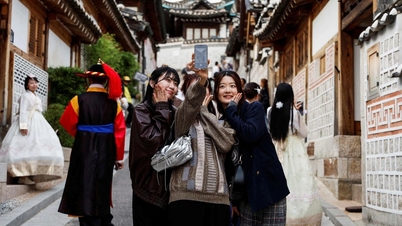


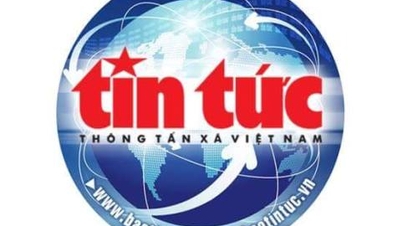



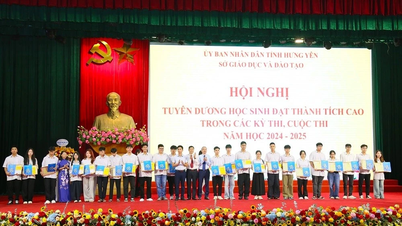
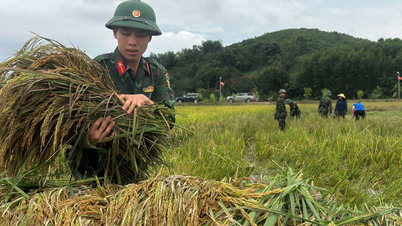


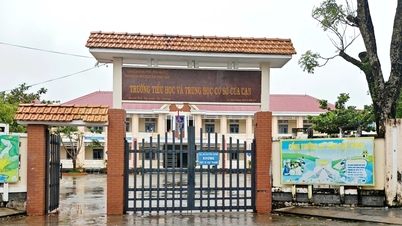
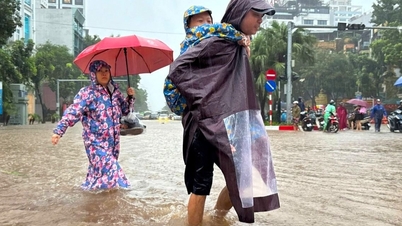

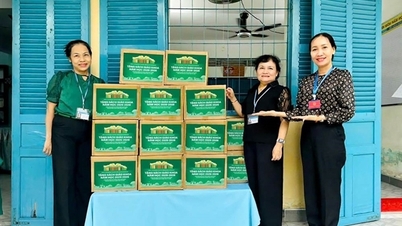





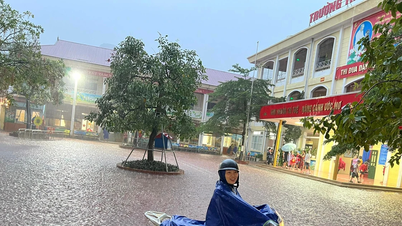

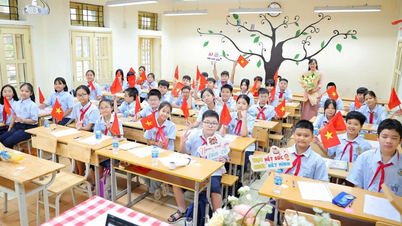

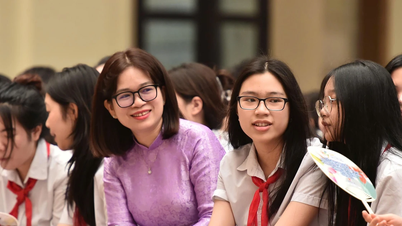
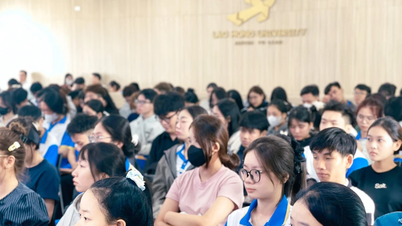












































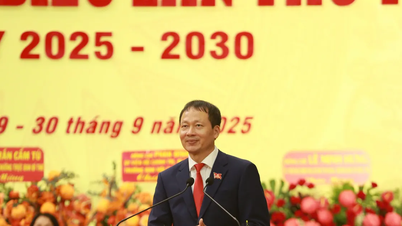


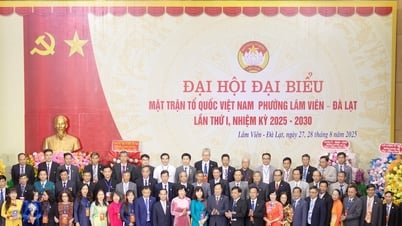



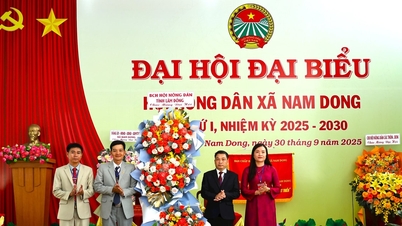














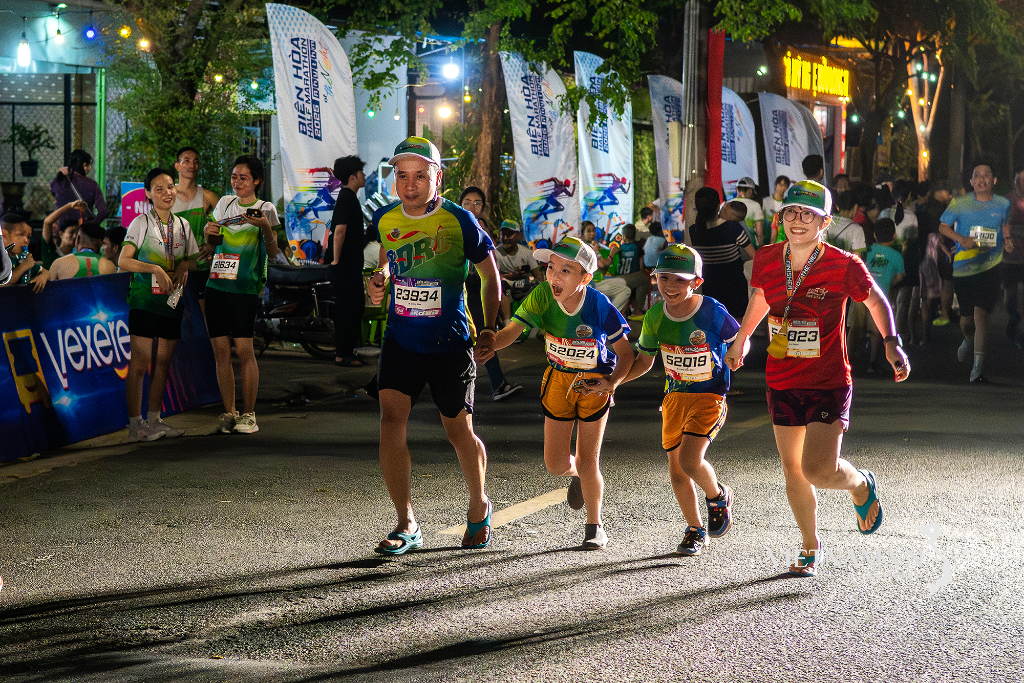

Comment (0)